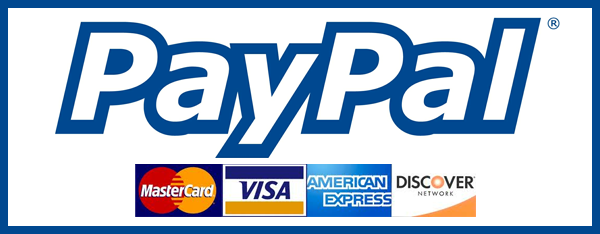Can The Singapore Real Estate Market Support A 4th Property Listing Site?
Can the Singapore real estate market support a fourth property listing site?
BY GETTY GOH
Singapore Press Holdings (SPH) recently announced that it would be acquiring StreetSine Technology Group for S$30million for a 60% stake in the company. For start-ups entrepreneurs, this may seem like encouraging news as it puts the valuation of the whole StreetSine Group to be at about S$50million.
Hence, there is little surprise that more and more property listing sites seem to be popping up and hoping to cash in on this trend.
As someone who has been in the real estate space since 2008 and in the online space since 2012, this made me wonder – can the Singapore property market support another property listing site? To answer that question, let us look at three challenges that new property listing start-ups face.
Challenge 1: Uncertain market conditions – shrinking marketing budgets
If you look at some of the existing property sites, they are actually advertising platforms that derive their revenue from developers, agencies, and property agents. In the past few years, when the property market was booming, a lot of these paying clients were doing well and had sizable marketing budgets.
However, since the various cooling measures kicked in, the number of property transactions has dropped significantly. For example, the total transaction from Jan to Oct in 2013 was 23,224 while that for the same period for 2014 was only 11,223.
In terms of percentage, 2014’s transaction numbers had dropped to less than 50% that of the year before. With the drop in transaction numbers, developers and agents are now less willing to pay for services.
Even if they were to pay, they would be more careful as their budget may not be as big as before. Hence, start-ups that are thinking of rolling out new property sites would face challenging market conditions as it is questionable whether these agents and developers would be prepared to try a new platform that does not have much track record in a time of market uncertainty.
Challenge 2: The lack of significant product differentiation
From my experience with property buyers, agents, and developers, the takeaway I have is that most of them view property-listing sites as a market place. For consumers (i.e. investors and home buyers), what matters to them is how many deals are listed on the site – the more extensive, the better.
For property agents and developers, what matters to them is that the site must be able to help them gain access to potential buyers. In other words, it may not be enough for a site to just look stylish; it needs to be able to attract users that in turn can be converted into paying property buyers.
Hence, the more buyers the site can attract, the more developers and agents will pay to advertise on the site.
In view of that, there are recently some portals that are trying to differentiate themselves by providing users with slick interfaces. While that offers a refreshing take on the property listing business, the challenge is whether that is actually what users want and if it is something that users (including home buyers, property investors, developers, and agents) will pay for.
Hence, start-ups that focus solely on style (and not substance) may have limited defensibility as established players that have deeper pockets can easily copy those features.
Challenge 3: Existing players have deeper pockets
Another challenge that new property listing startups face is that the incumbents are very well capitalised. Two of the three largest sites in Singapore are backed by listed parent companies, while the leading property portal received a strategic investment of S$60million in 2012.
With ample financial resources at their disposal, these established players are able to offer free services and accounts for an extended period of time – something that start-ups will find hard to match up. Therefore, start-ups that are not well funded and do not have a sustainable revenue model may not have the financial muscle to outlast the existing market players.
Conclusion
To conclude, start-ups that are trying to enter into property listing space right now are faced with a myriad of headwinds, including cooling property market sentiments, shrinking advertising budget as well as a more competitive market environment.
All things considered, it is unlikely that the current property market has the capacity to support more than the three big portals, which themselves are jostling for market leadership.
That said, the market is always open to innovative solutions. Perhaps owners behind some of these up-and-comings property-listing start-ups may know something that the rest of us do not and have some tricks up their sleeves. However, these start-ups better work fast, as both time and market are not on their side.
Source – Singapore Business Review






No comments yet.